Unlocking Affordable and Scalable Hybrid Cloud Integration
In this article, we will focus on how using Azure Logic Apps can provide an effective and affordable iPaaS solution for companies of any size – a Hybrid Cloud Integration.
Companies today, large and small, are using a mixture of on premise and SaaS applications to run their business. Systems such as an ERP, POS, or a home-grown application will live within the company’s four walls, while services such as Salesforce, QuickBooks Online, and Office 365 will live in a cloud based environment.
One of the challenges that many companies face is integrating on-premise and cloud systems, so that data can flow between the two systems and prevent duplication or inconsistencies.
Introducing the Azure Enterprise Cloud Solution
Microsoft Azure, the cloud platform from Microsoft, provides what is called an “Integration Platform as a Service” (or iPaaS) to integrate across enterprise and cloud systems. With Azure’s cloud based suite of integration tools and services, companies can connect disparate systems, automate processes, and integrate with partners using hybrid cloud solutions (on-premise to SaaS, SaaS to SaaS, PaaS to SaaS, etc.). As with all of the Azure offerings, their iPaaS tools provide enterprise-class solutions with ability to scale up and down with the company’s needs, allowing companies to pay only for what is utilized.
Azure Logic Apps are part of the iPaaS tool suite, and makes integrating disparate data sources achievable, scalable, and affordable. Many connectors are provided free of charge to allow the Logic App to connect different SaaS systems (list of available connectors), and you have the ability to create your own connectors as well. These connectors provide the ability to trigger a Logic App to run, and they are also used to perform actions (or operations) within that Logic App.
Example Case Study
As an example scenario, let’s say that we would like to integrate Salesforce Accounts into an on-premise ERP system, and provide a two-way integration. The first Logic App would be created using the Salesforce connector, with the trigger of “When an Object is created/updated” using the object class Account, and the action would be to send an API call to the on-premise ERP system to update the Customer record associated with the Salesforce Account. The second Logic App would be created in the reverse order, listening for new/updated Customers from the ERP, and using the Salesforce connector to push that change to Salesforce. This would provide near real-time integration between Salesforce and the ERP system for Accounts and Customers.
This real world scenario is just a simple example of how the Azure iPaaS can provide an affordable and scalable integration solution for on-premise and cloud systems. For more information on hybrid cloud solutions and how they can solve your integration challenges, please contact Ad Victoriam Solutions, or call (77) 691-1642 and ask for Eric Philips.


